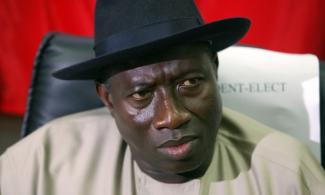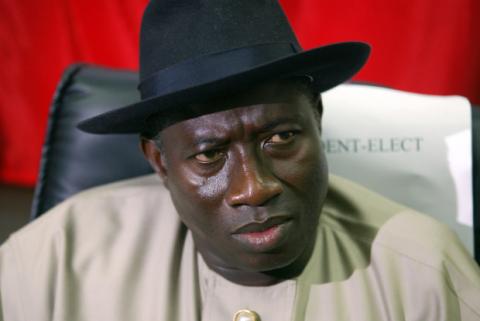
The Committee, headed by Senator Abubakar Kyari, was also given the task of probing the unbundling of the defunct Power Holding Company of Nigeria by the Federal Government.

The Senate on Thursday set up a 13-member Ad-Hoc Committee to carry out a comprehensive investigation into the management of funds so far appropriated for the power sector since 1999.
The Committee, headed by Senator Abubakar Kyari, was also given the task of probing the unbundling of the defunct Power Holding Company of Nigeria by the Federal Government.
The Upper Chamber took the decision while passing a motion sponsored by the Senate Leader, Ali Ndume, seeking the immediate reconnection of some parts of Borno State back to the national grid in view of the challenges the blackout was posing to his constituents.
The Senate urged the Federal Government to complete the Mambilla Power Project with the aim of improving electricity supply in the country.
It also called on President Muhammadu Buhari to direct the Transmission Company of Nigeria to immediately reconnect Maiduguri to the national grid.
It also directed the committee to conclude its investigations and report to the Senate within two weeks.
The senators, while contributing to the debate, also condemned the inability of the TCN to provide uninterrupted power supply to all parts of the country.
Ndume had expressed concern that Nigeria, with a population of over 150 million, produced only 4,600 megawatts, while South Africa with a population of about 40 million people produced 40,000 megawatts.
He observed that the disconnection of Maiduguri , the Borno State capital, from the national grid, as well as the degeneration of power supply across the country had affected the economy negatively.
Ndume also expressed concern that with an installed power generation potential of about 5,000 megawatts, the output distributed currently was about 1,950 megawatts.
He added that it was disheartening to note that Iran with over 77 million people “generates about 42,000 megawatts, while South Korea with over 49 million people generates about 60,000 megawatts of electricity.”
Ndume, who said that Maiduguri and its environs had been completely disconnected since the emergence of insurgency, complained that the situation had grounded economic activities in the state.
He said, “I buy diesel to run my generator and that costs me N10, 000 per day. No country can be said to be near development when there is no power.
“This Senate needs to investigate this to give the government support. For some years now, a lot of money has been spent but there is nothing to show for it.”
Senator Danjuma Goje in his contribution said that the motion was apt in view of the untold suffering that lack of power supply had caused Nigerians.
Senator Godswill Akpabio lamented that many companies had shut down operation due to irregular power supply in the country.
He lamented that in spite of the financial contribution by some states in the South to improve power supply, Nigerians were still grappling with lack of electricity supply.
He said, “In 2015, we are celebrating 4,000 megawatts, for me this is worrisome. We cannot have employment without power and Nigerians are complaining about the high cost and some localities which have not seen light for months are asked to pay high tariff.”
Senate President, Bukola Saraki, noted that the inadequate power supply in the country was a cause for concern, saying it had affected the economic growth of the nation.
He observed that the lack of power supply had plunged the country into further hardship, besides corruption.
He said, “We thought that with the Power Reform Act and the unbundling of the Power Holding Company of Nigeria, we will begin to see improvement with regard to power supply; unfortunately, it is not so.
“The Ad Hoc Committee that we set up should look at the activities of the Discos and what is preventing Nigerians from benefitting from the unbundling of the PHCN.”